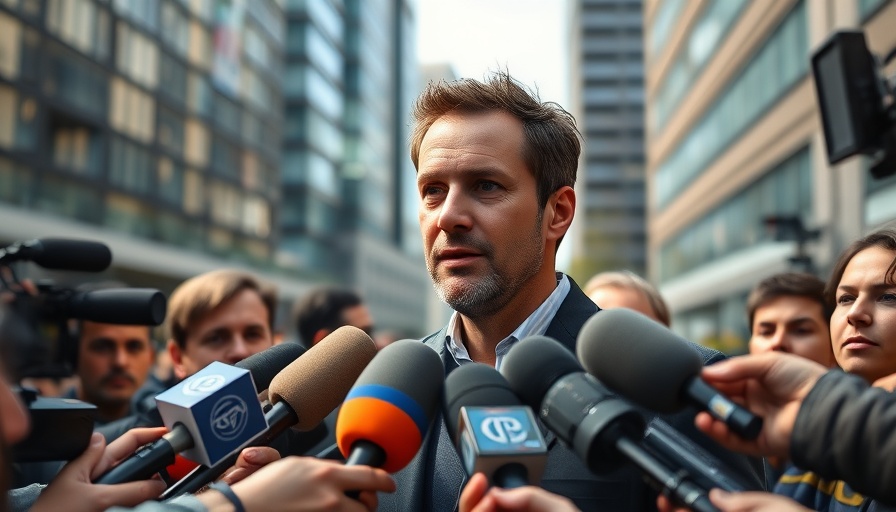
Transforming French Intelligence in West Africa
In the dynamic landscape of West Africa, the French foreign intelligence service is undergoing a resurgence under the leadership of Nicolas Lerner. Appointed less than two years ago, Lerner is dedicated to expanding connections with key regional players. His strategic focus on fostering relationships with countries like Togo and Morocco is vital for adapting to the rapid changes faced by West Africa.
The Importance of Strategic Relations
Lerner's approach aligns with the broader geopolitical shifts occurring within the region. By strengthening ties with Lomé, for instance, France aims to bolster its influence in Togo, a nation increasingly pivotal in countering jihadist threats on its northern borders. These efforts are not merely about intelligence gathering; they also reflect France's commitment to regional stability, which is crucial amidst rising conflicts and governance challenges.
Reformed Intelligence for Changing Times
The evolving role of intelligence services is particularly relevant as nations navigate corruption, terrorism, and democratic governance. Lerner's tenure has seen an emphasis on operational agility, allowing French intelligence to better engage with local communities and understand the nuances of the political climates in West Africa. This reformation is essential for counteracting unrest and fostering economic growth within the region.
Navigating Post-Colonial Complexities
One cannot overlook the historical dimensions of French involvement in Africa, which often straddles the fine line between partnership and post-colonial obligation. Notably, Lerner’s initiatives resonate within the context of ongoing discussions surrounding decolonization and the legacies of colonialism. The contemporary effort to enhance intelligence coverage serves not only a national interest but is also a reflection of changing African desires for agency and equitable partnerships.
Future Trends: The Impact of Digital Transformation
As West African nations embrace technological advancements, the role of cyber intelligence becomes ever more critical. The emergence of fintech, mobile technologies, and artificial intelligence presents opportunities and challenges for foreign intelligence services. Lerner's leadership must adapt to these new realities, especially as they pertain to border security and combating digital threats, which can exacerbate existing regional tensions.
Engagement with African Continental Issues
As France seeks to redefine its foreign relations in Africa, it must also align its intelligence strategies with the goals of the African Continental Free Trade Area (AfCFTA) and broader continental development objectives. The interplay between governance, economic growth, and security underscores the complexities of French engagement in the region, highlighting the need for policies that embrace Afrocentrism and empower local communities.
Conclusion: A Call to Collaborative Action
Nicolas Lerner's initiatives in revitalizing France's foreign intelligence services are indicative of a wider recognition of the need for cooperative development in West Africa. However, progress is contingent upon respecting regional autonomy and values. As we watch the developments, one cannot help but feel encouraged by the prospects of impact through collaboration. To support the unfolding of a more collaborative and empowered Africa, engaging with these developments and fostering dialogue is crucial.
 Add Row
Add Row  Add
Add 




Write A Comment